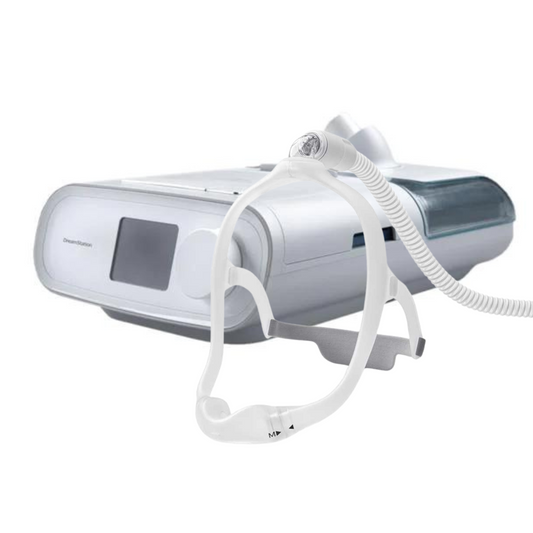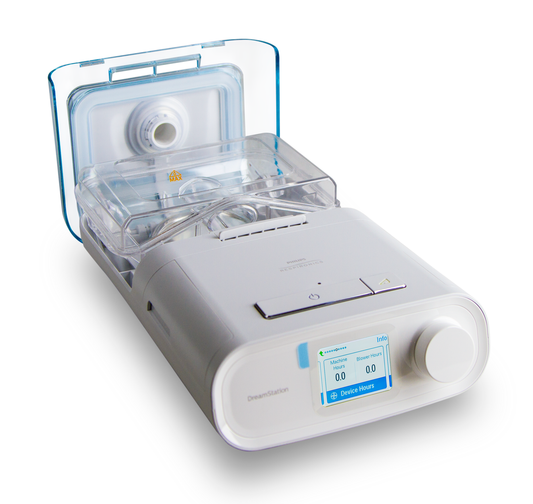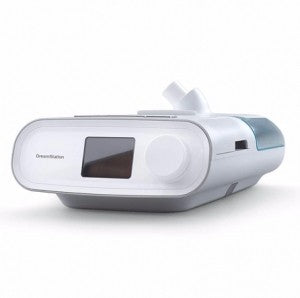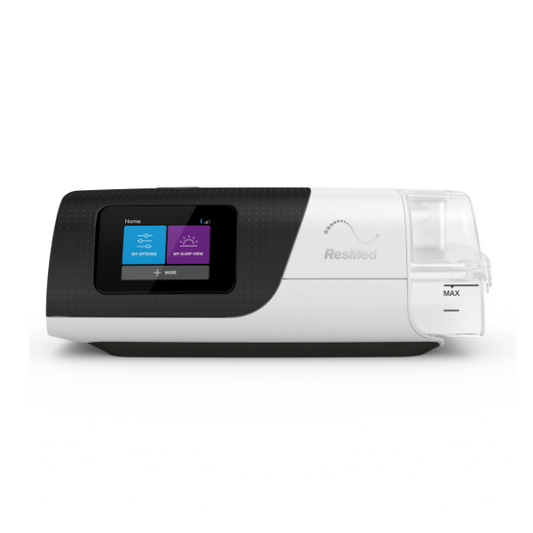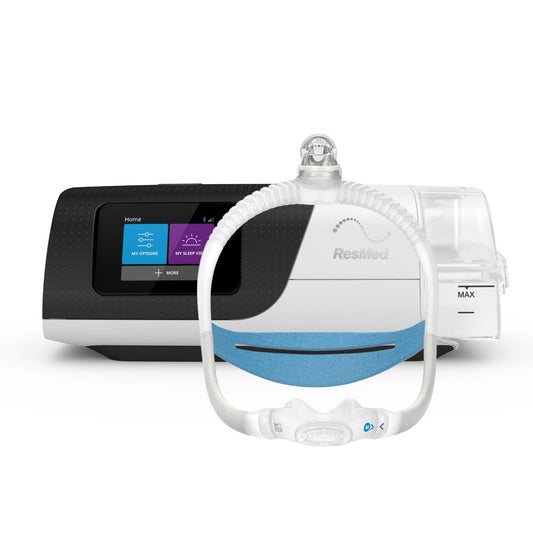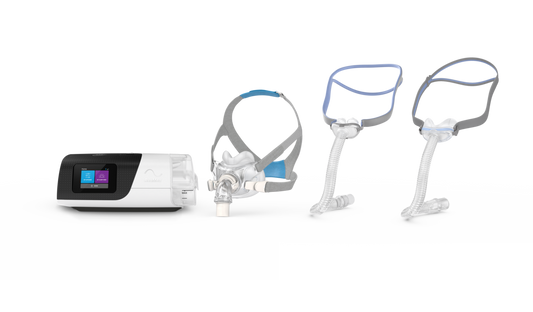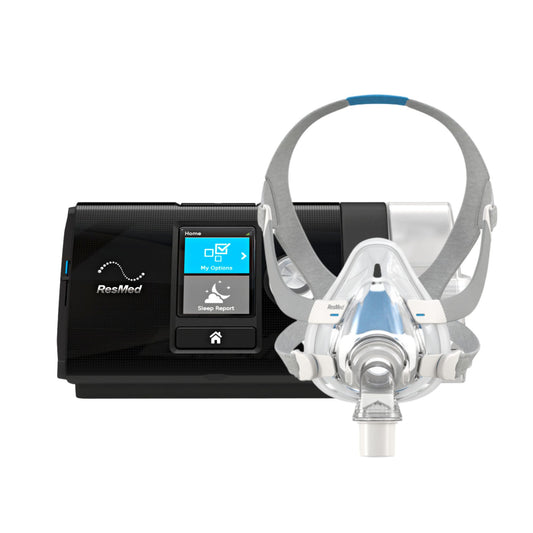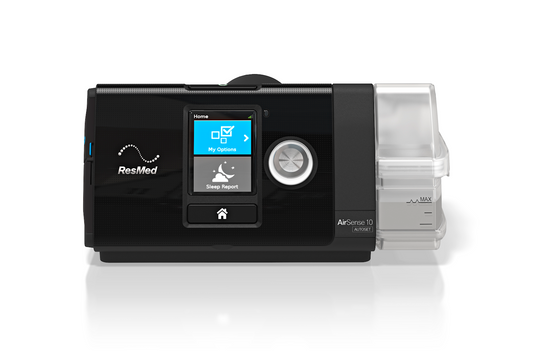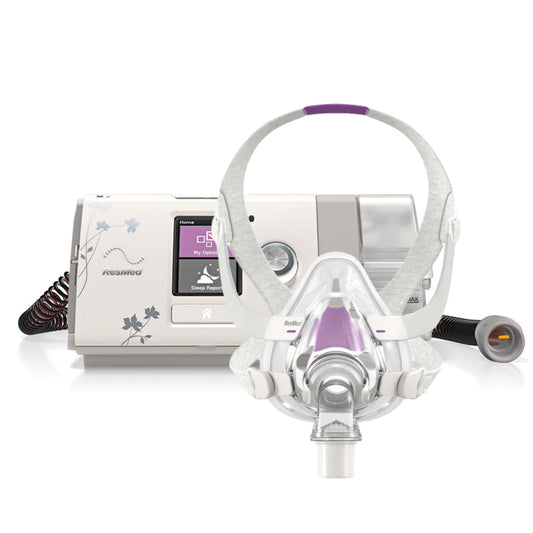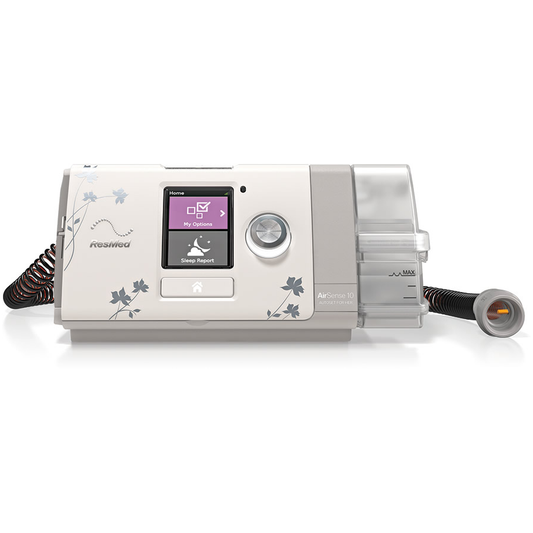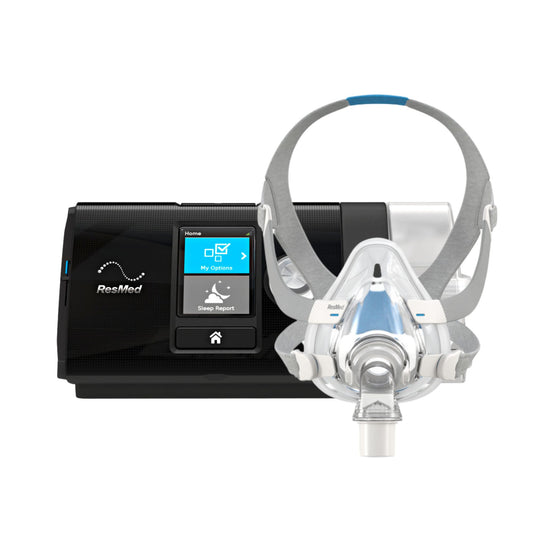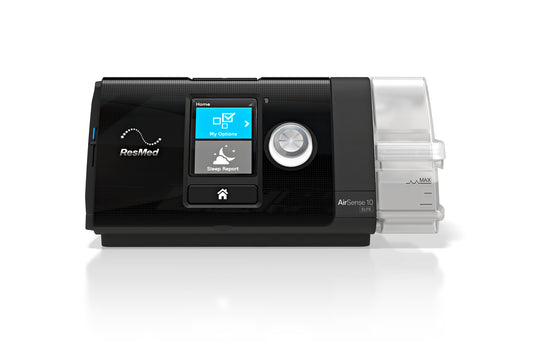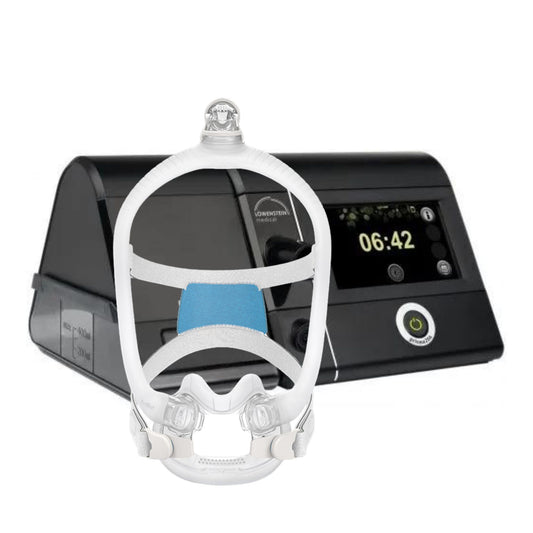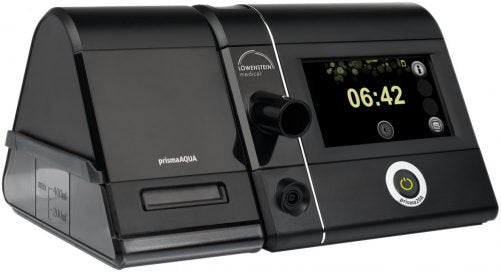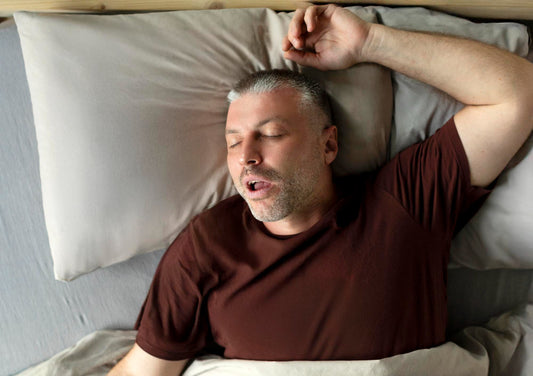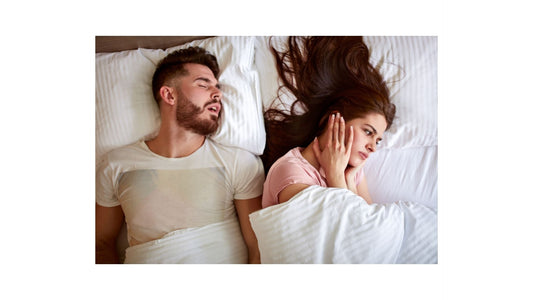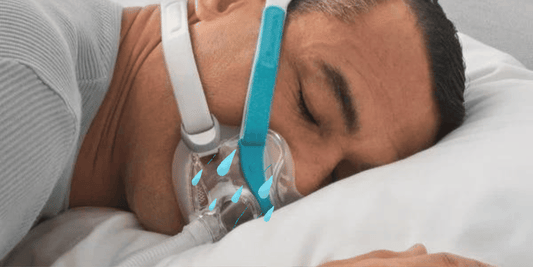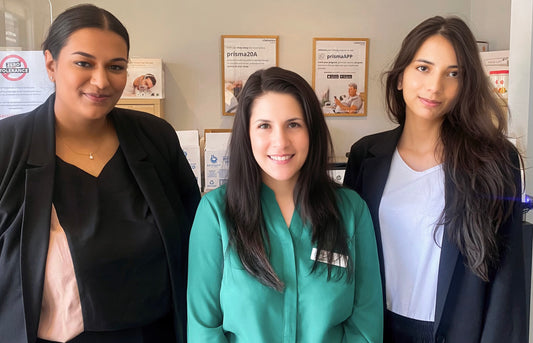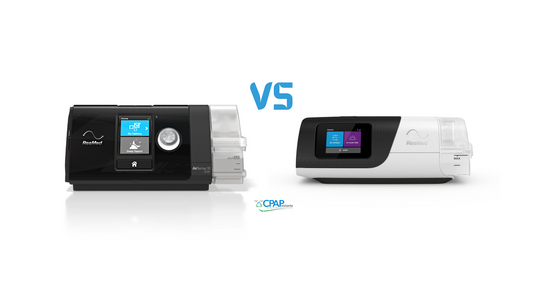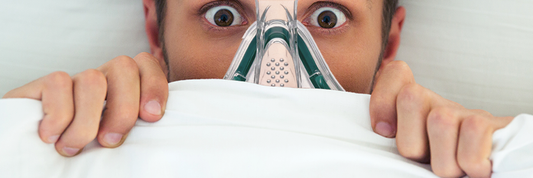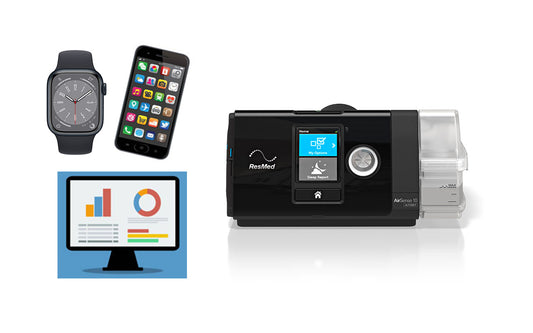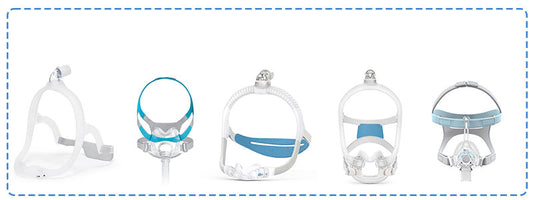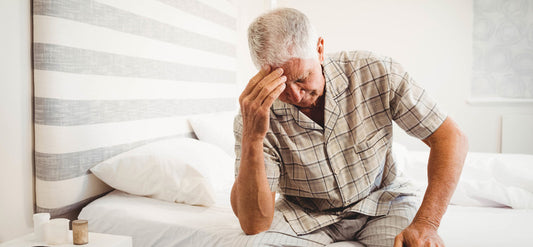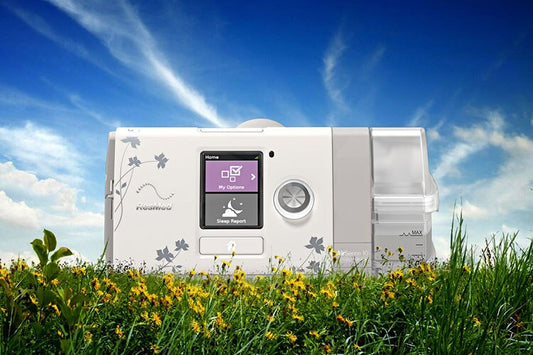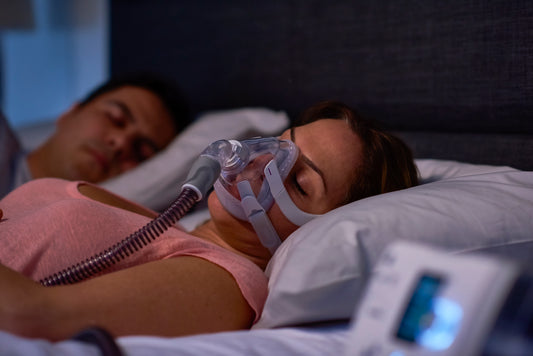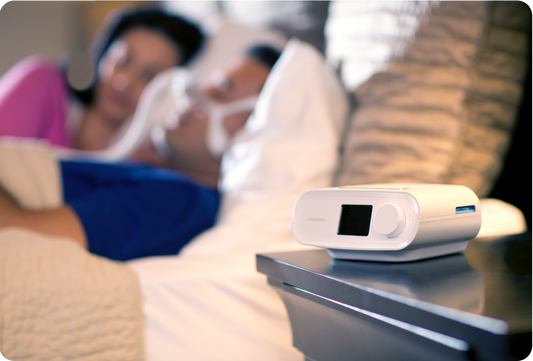ADHD is the term used to describe inattentiveness, hyperactivity, distractibility and impulsivity of a person. This condition usually manifests in children (more common in boys) during early childhood and may continue on to adulthood. Children with ADHD have much difficulty in staying focused, sitting down and controlling their actions and emotions. These may lead to his underdeveloped social skills, poor school performance, dependence and isolation. In majority of cases, children with ADHD need special care and attention not only from their parents but from teachers and healthcare professional to thrive.
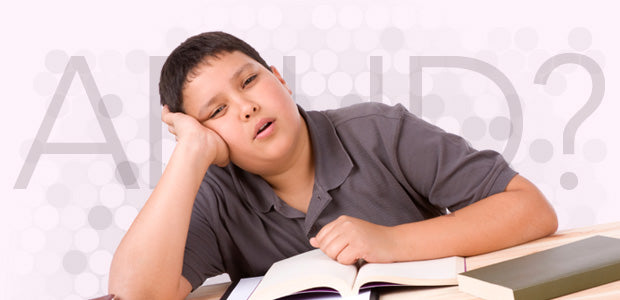
What is the connection between ADJD and sleep problems? Studies indicate that children with ADHD have an increased level of daytime sleepiness in comparison with children without ADHD. Another study indicated that almost 70% of children diagnosed with ADHD exhibit sleep disordered breathing and other problems with their sleep. They may also have other medically-based sleep problems and/or behavioral sleep problems.
Some of these behavioral problems are:
- Finding it hard to sleep and stay asleep at night
- Difficulty in going to bed as in stalling and refusing to sleep
- Worrying about sleeping alone in his bed
- Delayed Sleep Phase Syndrome wherein the child sleeps late at night and then sleeps in the morning
- Insomnia
- Sleep association wherein the child needs a parent or an object to be sleep and stay asleep at night
Children with ADHD and with behavioral sleep problems have a lower quality of life. They will not perform and function well during the day and may lose all interest to go to school. These will naturally impact not only them but their parents and/or caregiver as well as they (parents and caregiver) might get stressed and miss work because the child’s sleep problems.
Behavioral sleep problems in these children may be triggered by their medications. These are often stimulants which can cause insomnia. Children with ADHD not on any medications may also still have sleep problems because of depression, anxiety and conduct problems that can disturb and disrupt sleep.
Medically-based problems on children with ADHD point to Obstructive Sleep Apnoea (OSA), periodic limb movements and restless leg syndrome sleep problems.
If your child is exhibiting these symptoms, it is best to see his general pediatrician for initial assessment. The doctor may later recommend a sleep specialist to get to the bottom of the sleep problem.
All children need a calm and consistent bedtime routine, more so children with ADHD. Thirty to sixty minutes before bedtime, children should stay away from TV, gaming consoles, mobile phones, computers and other stimulating activities. It is best if bedrooms are free of such devices to help children totally relaxed before going to bed.
If your child has ADHD and is finding it hard to sleep at night due to OSA, there is an effective treatment to address this. Call us at CPAP Victoria to know more about CPAP therapy.
